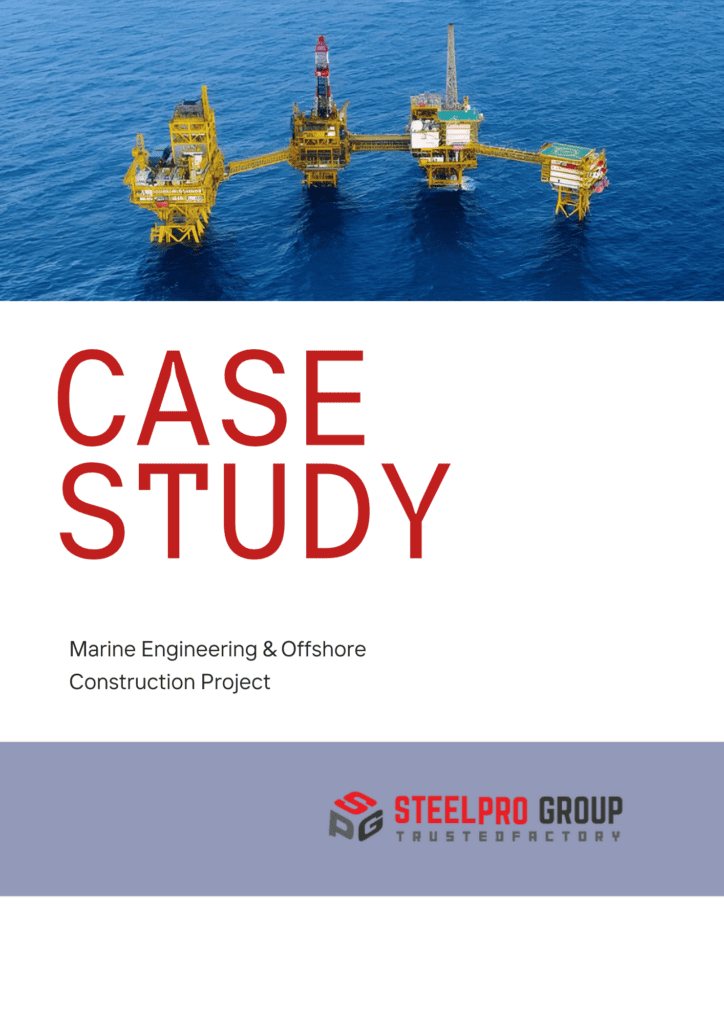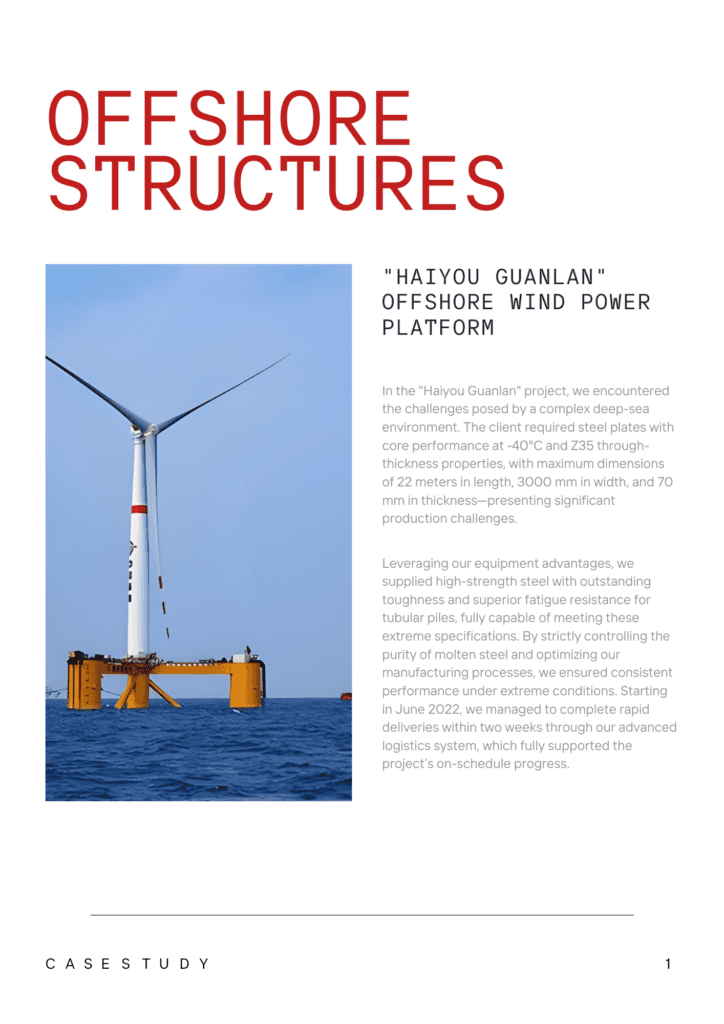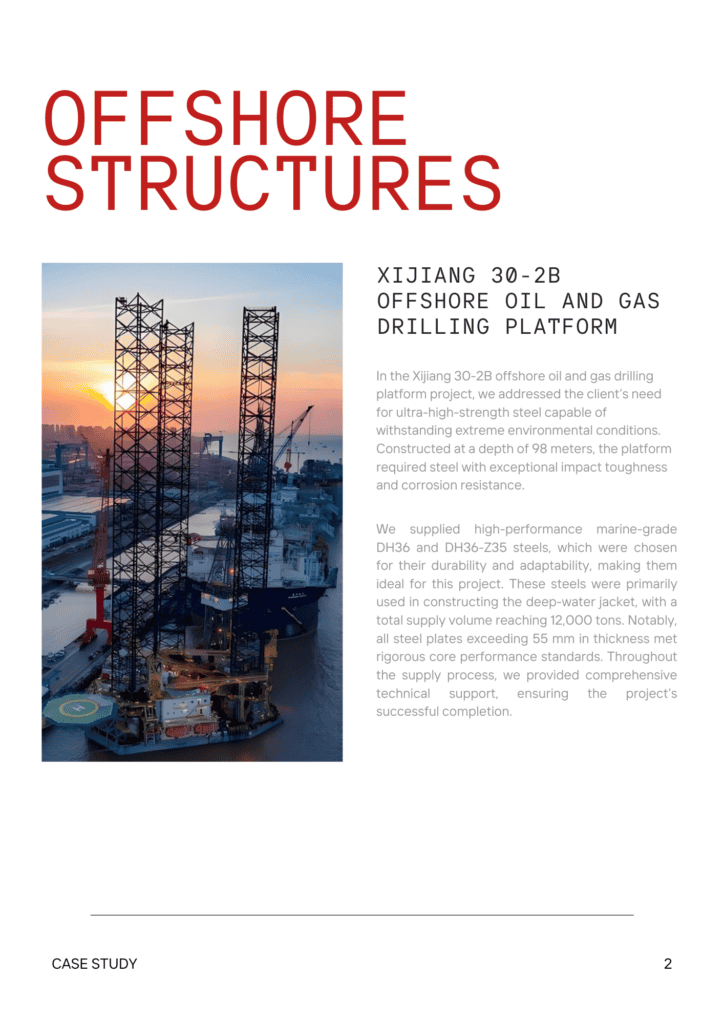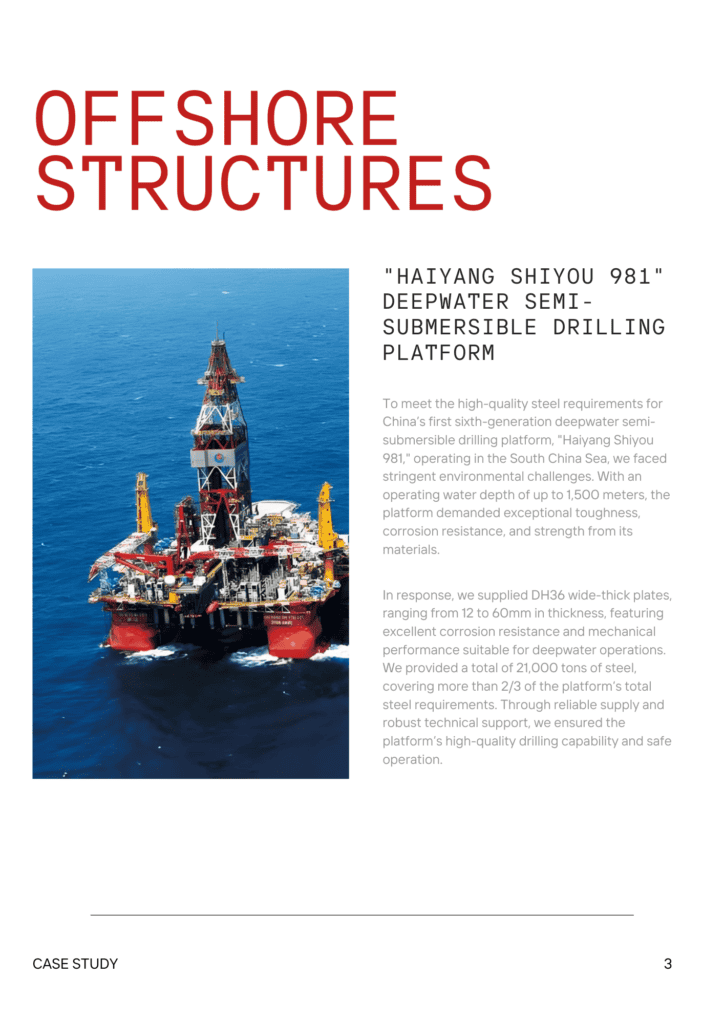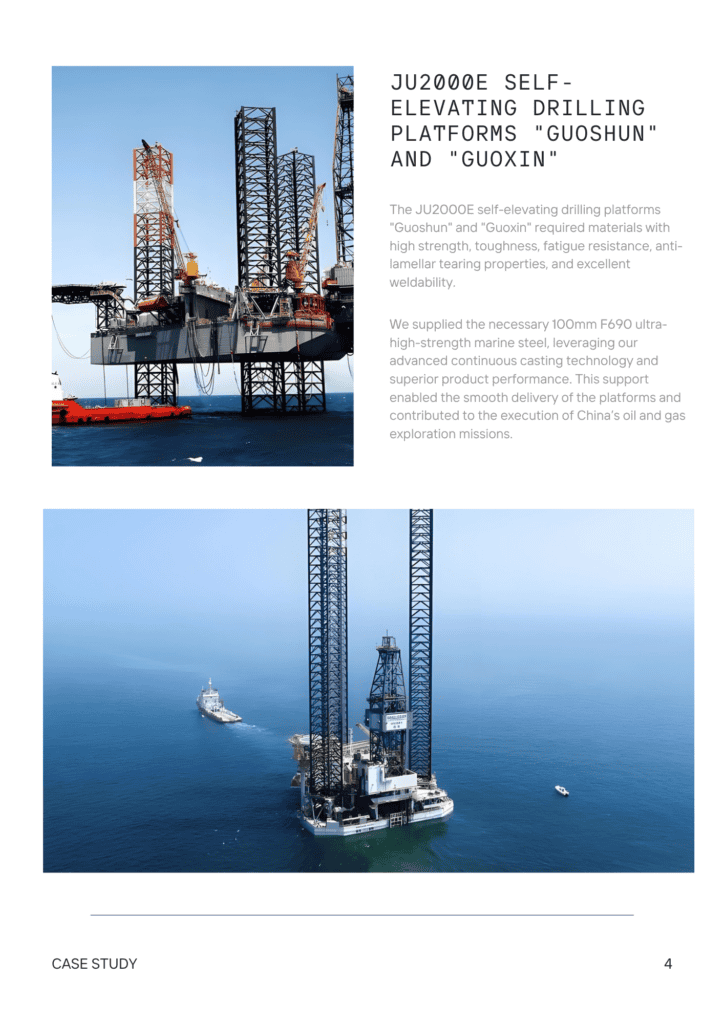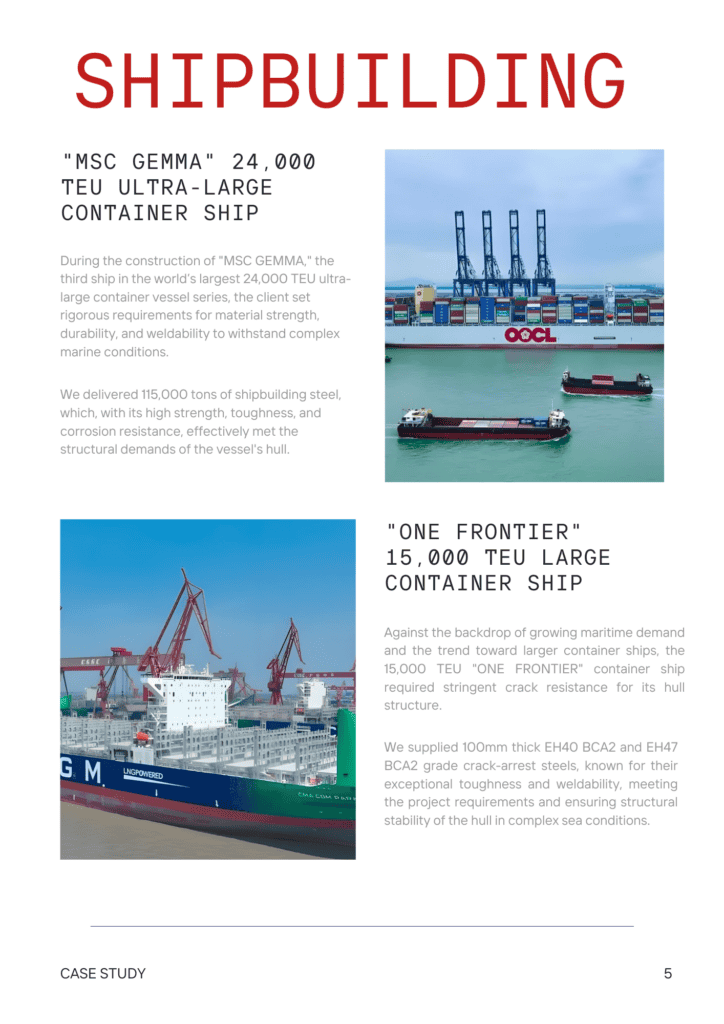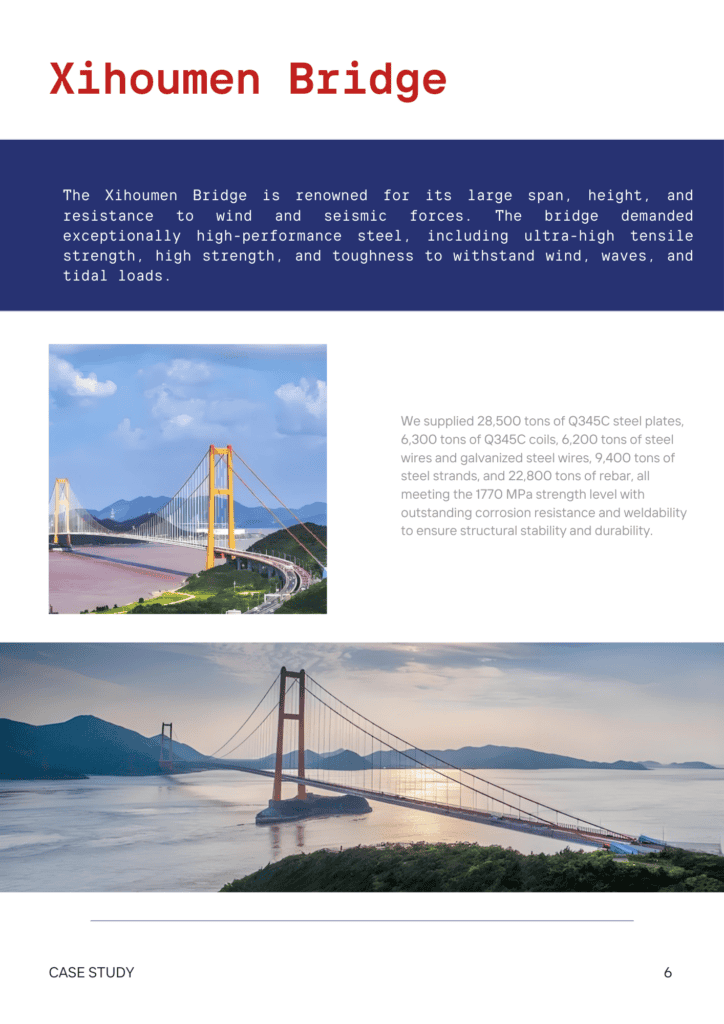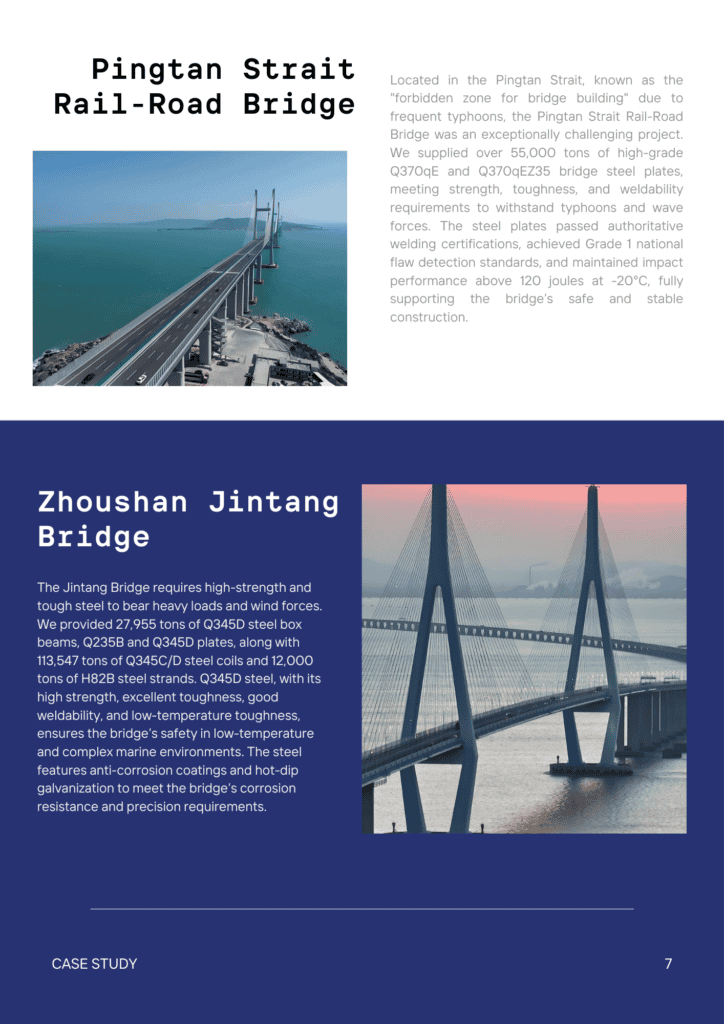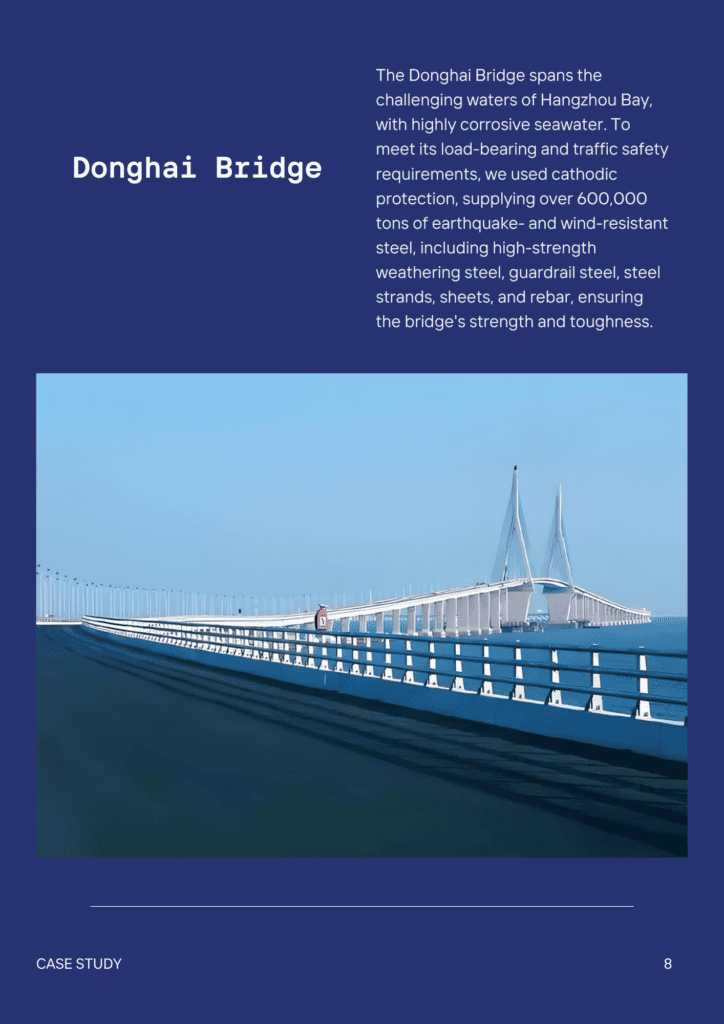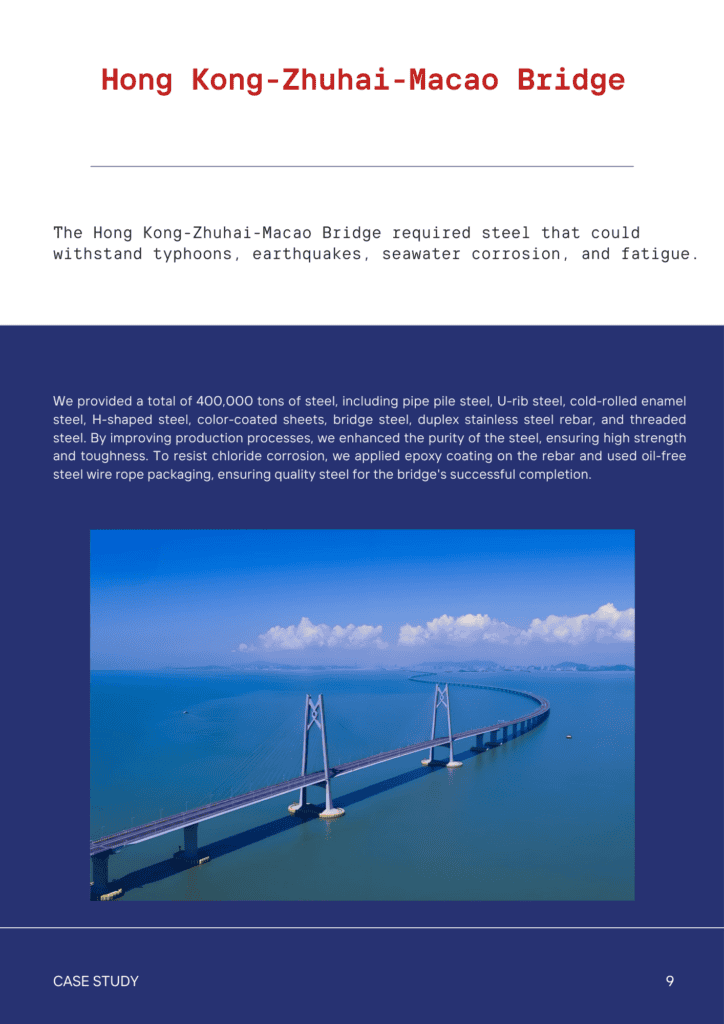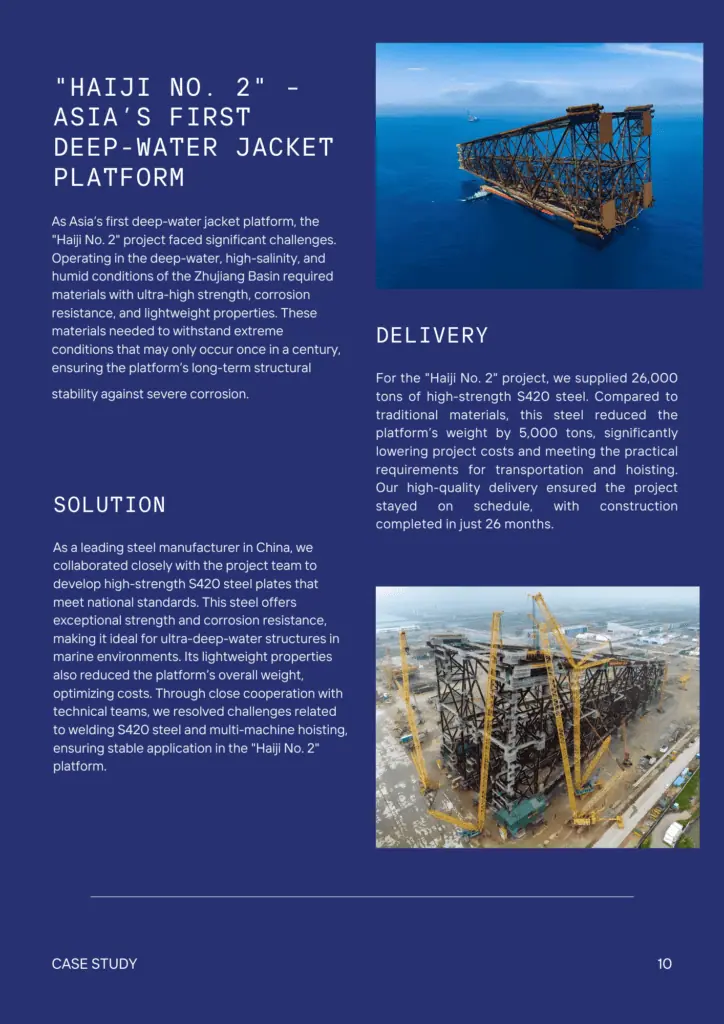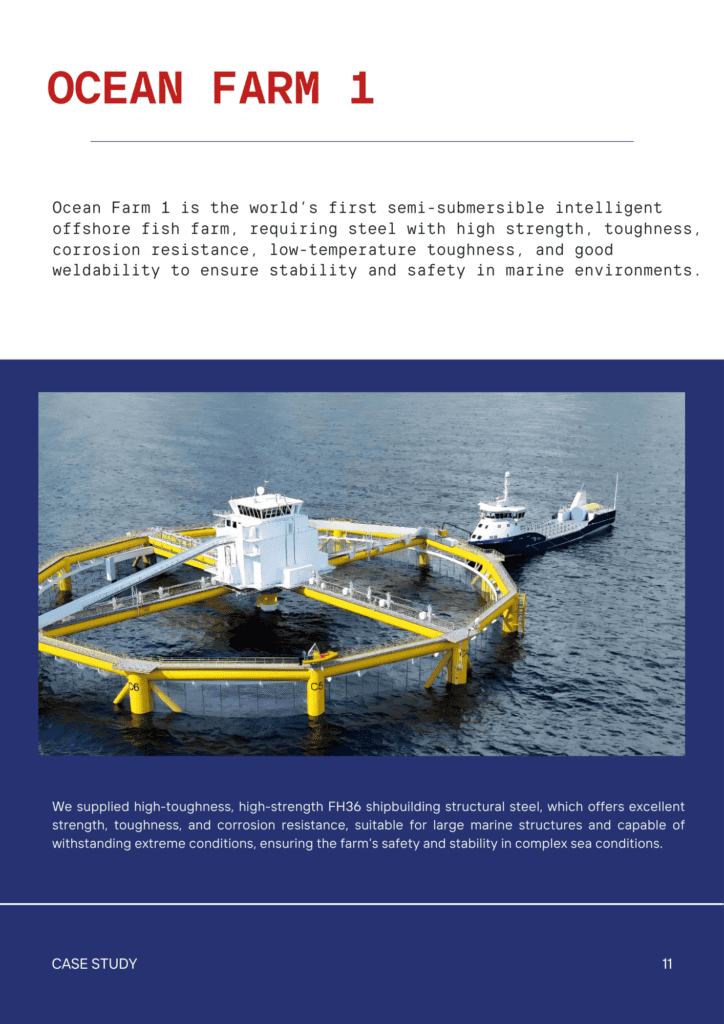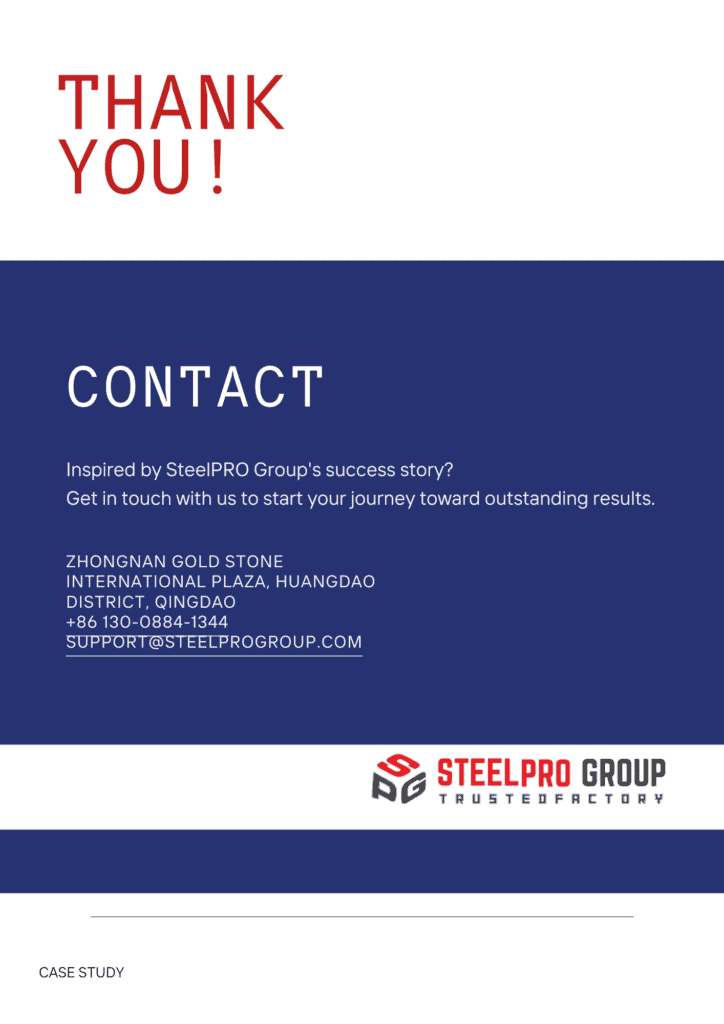Contents
AISI A7 Tool Steel: Properties, Heat Treat, Uses, Key Data
- John
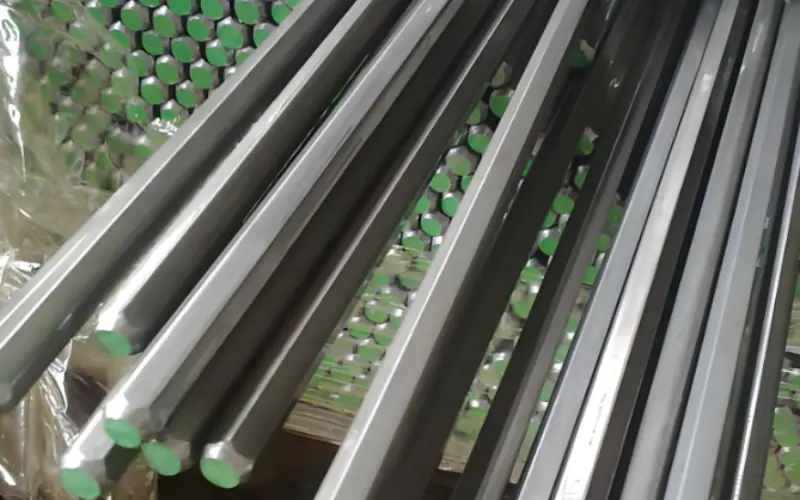
A group of tool steels are air-hardening, medium-alloy cold-work steels with high carbon content (0.5%-2%). These steels are recognized for their exceptional hardness, wear resistance, and their ability to resist cracking or deformation during the quenching process.
This article focuses on A7 tool steel, covering its properties, heat treatment, applications, and available product forms.
What Is A7 Tool Steel?
A7 tool steel is a high-carbon, air-hardened, cold-work steel, recognized for its superior abrasion resistance and exceptional dimensional consistency. Composed of cobalt, chromium, vanadium, and molybdenum, it forms hard vanadium carbide particles that resist abrasion and sliding contact. A7 has lower toughness compared to other tool steels. It is commonly used in cold-forming tools, extrusion dies, punches, and forging dies, with a typical hardness range of 50 to 65 HRC after heat treatment.
SteelPro Group offers A7 tool steel products, equivalent to UNS T30107 and compliant with ASTM A681 standards. Available in bars, plates, rounds, and sheets, these products meet diverse industrial needs. Custom sizes and forged shapes are also available upon request.
Chemical Composition of A7 Tool Steel
A7 tool steel features a high-carbon, high-alloy composition designed for exceptional hardness and wear resistance. The addition of vanadium and tungsten enhances its cutting-edge retention, while controlled levels of manganese and silicon improve toughness and machinability.
The table below outlines the chemical makeup of A7 tool steel.
| Element | Composition (%) |
| Carbon (C) | 2.0 – 2.85 |
| Chromium (Cr) | 5.38 |
| Iron (Fe) | 84 |
| Manganese (Mn) | ≤ 0.80 |
| Molybdenum (Mo) | 1.15 |
| Phosphorus (P) | ≤ 0.030 |
| Silicon (Si) | ≤ 0.50 |
| Sulfur (S) | ≤ 0.030 |
| Tungsten (W) | 1,optional |
| Vanadium (V) | 4.53 |
Mechanical Properties of A7 Tool Steel
A7 tool steel offers a strong balance of hardness and stiffness, providing good wear resistance but requiring careful machining due to its hardness range. Its elasticity and shear resistance ensure reliability under stress.
The table below summarizes its key mechanical properties.
| Property | Metric Value | Imperial Value |
| Hardness, Rockwell C | 58.0 – 66.0 | 58.0 – 66.0 |
| Machinability | 65% | 65% |
| Poisson’s Ratio | 0.27 – 0.30 | 0.27 – 0.30 |
| Shear Modulus | 80.0 GPa | 11,600 ksi |
| Bulk Modulus | 140 GPa | 20,300 ksi |
| Elastic Modulus | 190 – 210 GPa | 27,557 – 30,457 ksi |
Physical Properties of A7 Tool Steel
A7 tool steel exhibits excellent physical stability, with a high density and moderate thermal expansion, ensuring reliable performance under varying temperatures. Its thermal conductivity and specific heat capacity support efficient heat management.
The table below presents an overview of its essential physical characteristics.
| Property | Metric Value | Imperial Value |
| Density | 7.66 g/cm³ | 0.277 lb/in³ |
| Melting Point | 1427°C | 2600°F |
| Thermal Expansion Coefficient | 12.4 µm/m·°C | 6.89 µin/in·°F |
| Thermal Conductivity | 37 W/m·K | 21.4 BTU·in/ft²·h·°F |
| Specific Heat Capacity | 470 J/kg·K | 0.112 BTU/lb·°F |
A7 Tool Steel Fabrication And Heat Treatment
Heat treatment directly impacts the hardness and wear resistance of A7 tool steel. By varying tempering time and temperature, its hardness can be optimized for durability and resistance to deformation.
We provides A7 tool steel in annealed, hardened, and tempered conditions, as well as in normalized and rolled states, ensuring versatility for various machining and application requirements.
Forging
The recommended temperature range for A7 tool steel is between 982°C (1800°F) and 1204°C (2200°F). It should not be forged below 982°C (1800°F) because the material becomes too brittle and prone to cracking, reducing its deformability.
Annealing
After hot working and before re-hardening, A7 tool steel must undergo annealing to relieve internal stresses and improve machinability. Post-annealing hardness is typically 235-255 HB.
After hot working and before re-hardening, A7 tool steel should be annealed. Heat at a rate of 100-150°F (56-83°C) per hour to 1600°F (871°C). For each 25.4mm (1 inch) of thickness, maintain the temperature for 1 hour. Cool slowly at a rate of 20-25°F (11-14°C) per hour to prevent thermal shock, then allow the steel to cool to room temperature in the furnace.
Hardening
- Austenitizing
Heat to 1700-1750°F (927-954°C). For maximum wear resistance, use 1750°F (954°C); for optimal toughness, use 1700°F (927°C). Hold for 30-60 minutes per 25.4mm (1 inch) of thickness.
- Quenching
After austenitizing, quench to room temperature (around 70°F/21°C) in oil or air, depending on section thickness. Cooling rate must be controlled at 20-25°F (11-14°C) per minute to avoid cracking.
For sections up to 25.4mm (1 inch), quench at 1500°F (815°C); for thicker sections over 50.8mm (2 inches), quench at 1600°F (871°C) to 1650°F (899°C).
Tempering
After quenching, A7 tool steel undergoes tempering to decrease fragility and attain the target hardness. The steel should be tempered at 400-1100°F (204-593°C) for 1 hour per 25.4mm (1 inch) of thickness.
If a secondary tempering is performed, it is typically done to further refine the steel’s hardness and improve toughness. For maximum toughness, perform a second tempering at temperatures above 900°F (482°C) for 2 hours, followed by a 2-hour tempering cycle.
Here is the table presenting the hardness data based on tempering time and temperature:
| Hardness (HRC) | Temperature | Time |
| 44 – 46 | 650°C (1200°F) | 3 hours |
| 53 – 55 | 595°C (1100°F) | 3 hours |
| 56 – 58 | 540°C (1000°F) | 3 hours |
| 59 – 61 | 425°C (797°F) | 3 hours |
| 61 – 63 | 315°C (599°F) | 3 hours |
| 62 – 64 | 260°C (500°F) | 3 hours |
| 64 – 65 | 150°C (302°F) | 3 hours |
Machining A7 Tool Steel
Forming
A7 tool steel’s high hardness allows it to maintain shape during forming but requires careful heating to prevent cracking. Its air-hardening properties ensure dimensional stability during processing.
Cutting
Cutting A7 is challenging due to its hardness, which demands high-quality cutting tools and optimal machining conditions. Proper speeds and feeds are essential to avoid tool wear and heat buildup.
Cold Working
A7’s wear resistance makes it suitable for cold working, though its hardness requires specialized tools. Cold-forming processes like punching or stamping need careful handling to prevent cracking or excessive tool wear.
A7 Tool Steel Product Forms
The following content outlines the typical product forms and dimensions of A7 tool steel, which are designed to meet a wide range of industrial applications.
If you require sizes outside the standard ranges, SteelPro Group can fulfill custom orders to meet your specifications. Additionally, if you need tailored forged shapes, please contact us for bespoke solutions.
Bars
- Diameter: 20mm (0.8 inches) to 300mm (12 inches)
- Length: Up to 2000mm (79 inches)
Plates
- Thickness: 10mm (0.4 inches) to 100mm (4 inches)
- Width: Up to 2000mm (79 inches)
- Length: Up to 2000mm (79 inches)
Rounds
- Diameter: 25mm (1 inch) to 350mm (14 inches)
- Length: Up to 2000mm (79 inches)
Sheets
- Thickness: 5mm (0.2 inches) to 50mm (2 inches)
- Width: Up to 1500mm (59 inches)
- Length: Up to 2000mm (79 inches)
A7 Tool Steel Applications
A7 tool steel is known for its high hardness, wear resistance, and strength, making it particularly suitable for applications where durability and toughness under heavy mechanical stress are required.
- Casting and Extrusion Dies
- Cold Work Tools
- Forging Dies
- Cutting and Machining Tools
- Tooling for Powder Compaction
- Machine Tool Components
- Specialized Molds and Gauges
Trusted Source for A7 Tool Steel Solutions
SteelPro Group provides a comprehensive range of A7 tool steel products to meet diverse industrial needs. Our offerings include bars, plates, rounds, and sheets, available in various sizes to suit different applications. For customers with unique requirements, we specialize in custom solutions.
In addition to our product range, SteelPro Group offers expert consultation to help you select the right tool steel for your application. Whether you need assistance with material selection, custom orders, or technical support, our team is here to ensure your project’s success.



